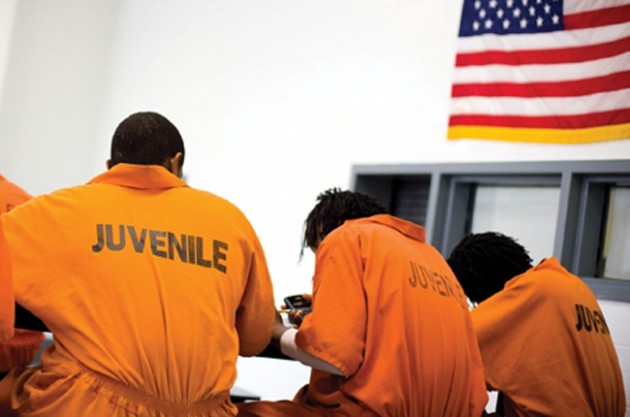Askia Muhammad, a member of the Nation of Islam since 1968, said he is not at all worried about the prospect of Minister Louis Farrakhan stepping down from leadership. Muhammad said he is confident that the Nation of Islam is ready for anything.
“Minister Farrakhan is much like Alexander the Great who was not concerned with who succeeded him but more concerned with the mission and spiritual development of the people,” said Muhammad.
Muhammad, a correspondent for the Final Call, the official newspaper for the Nation of Islam, said he has seen the Nation go thru many ups and downs as it has evolved from what he called a past “By Any Means Necessary” mentality. “I’m not sure who would carry the torch, but I’m confident that if Minister Farrakhan steps down he will leave someone who is more than qualified behind,” said Muhammad.
Farrakhan has led the Nation of Islam for nearly three decades. He has begun stepping away from the public eye as he contends with complications from prostate cancer. His most recent major address was in February at the annual Savior’s Day convention in Detroit, the birthplace of the Nation of Islam.
One nation, Under God was the theme of the convention that was attended by 50,000 people. Anesha Garret, a member of the Nation of Islam since 1999, was in the audience. She said Farrakhan stressed the importance of unity and the notion of love and transcending. He recalled The Last Supper of Jesus and the final message delivered by the Prophet Muhammad 80 days before his death.
“The thought of Minister Farrakhan stepping down is not what scares me, but the thought that he could expire is too much to bear. We need more leaders that aren’t concerned with their positions, but the work of the people. He is a rare commodity,” said Garret.
The Nation of Islam was founded on July 4, 1930, by Wallace Fard Muhammad as a separatist black religious and political organization and continued for more than 40 years under the leadership of the Honorable Elijah Muhammad. Farrakhan reconstituted the Nation after Elijah Muhammad’s son had dissolved it and moved toward traditional Sunni Islam.
Farrakhan convened the Million Man March, the Million Women March, and more recently the Millions More Movement. The National Association of Black Social workers reported that a record number of 13,000 applications to adopt children were filed as a result of the Million Man March and a half million black men registered to vote in months following the march as well.
Student activist and member of the Nation of Islam Lynda Lloyd believes that this isn’t the end for Farrakhan’s leadership.
“He has survived a disease that is killing black men by the droves. I feel that besides Allah’s grace and mercy his leadership over the Nation of Islam has kept him alive. It would be foolish to leave now when there is so much work to be done,” said Lloyd.





